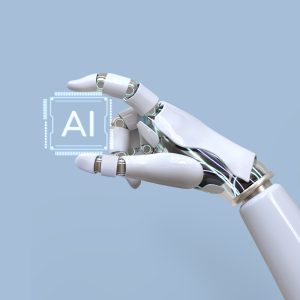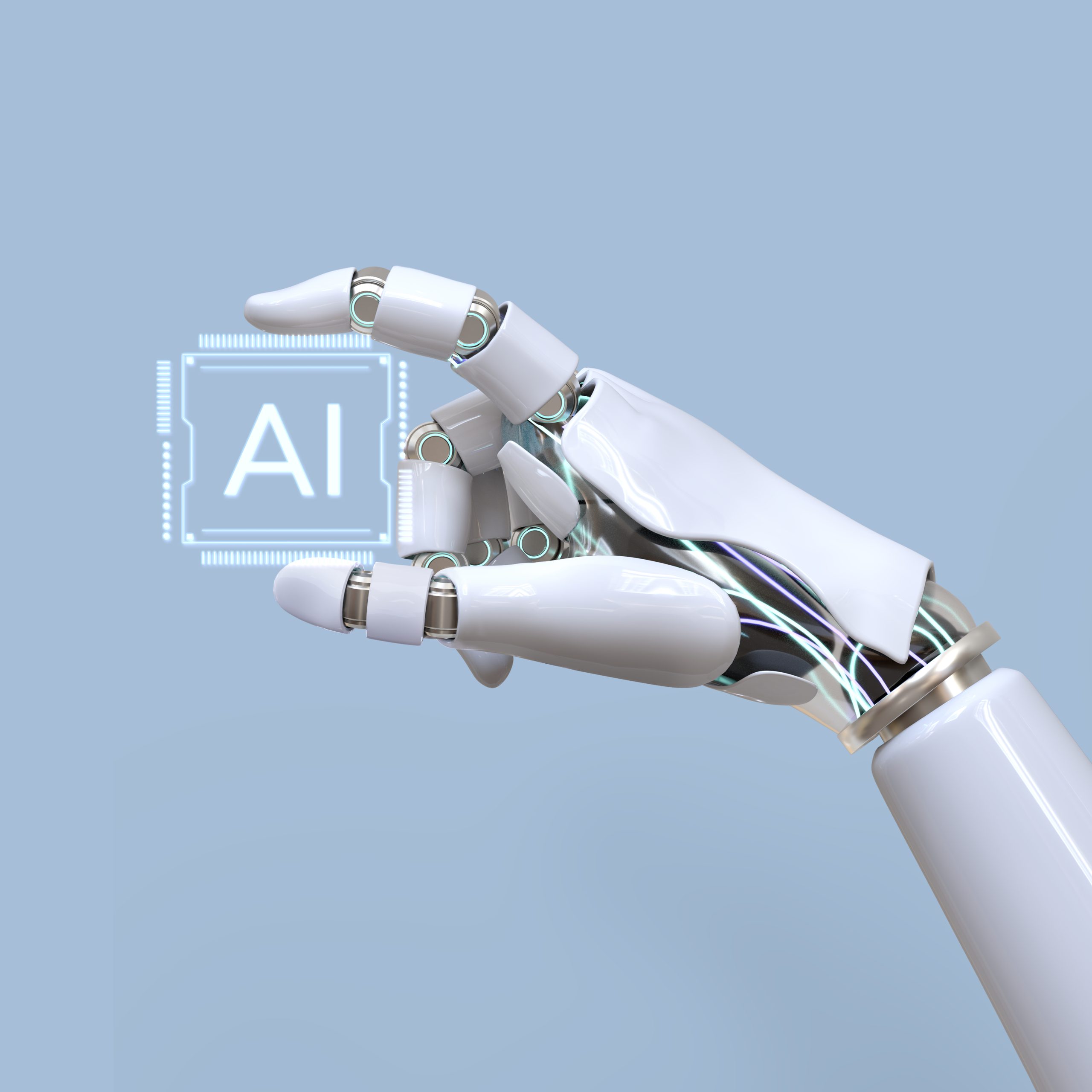Artificial Intelligence (AI) is revolutionizing many industries, and software development is no exception. From optimizing workflows to enhancing code quality, AI is playing a central role in reshaping how we develop software. But beyond the buzzwords, what are the real-world implications for developers, teams, and end-users? In this post, we’ll explore how AI is influencing the software development lifecycle and the key benefits it brings to developers and businesses alike.
Ways AI is shaping the future
- AI-Powered Code Generation One of the most significant ways AI is making an impact on software development is through code generation. Tools like GitHub Copilot and Kite use machine learning algorithms to analyze vast amounts of code and provide developers with real-time suggestions, snippets, and even entire code blocks. These tools are trained on open-source repositories and learn patterns in coding behavior, enabling them to offer highly relevant suggestions for any programming language. This can drastically reduce the time spent on writing boilerplate code, allowing developers to focus on higher-level design and logic. AI-driven code generation also lowers the barrier to entry for new developers by offering real-time feedback and reducing errors.
- Automated Testing Powered by AI AI’s role in automated testing is rapidly expanding. Testing is an essential but often time-consuming aspect of the software development process. Traditional testing methods rely on predefined scripts and manual intervention, but AI can automate testing by identifying potential flaws and even creating test cases based on previous test data.AI-powered testing tools like Testim.io and Applitools can perform regression testing, user interface testing, and load testing more quickly and accurately than manual testing. Machine learning models can also analyze data from past projects to predict possible issues in new code, reducing the risk of bugs and improving overall software quality.
- Smarter Debugging and Error DetectionDebugging is another area where AI can offer significant improvements. Traditional debugging methods can be slow and tedious, requiring developers to manually trace through lines of code. AI-powered debugging tools can analyze patterns in code behavior and provide recommendations for quick fixes or highlight parts of the code most likely to cause issues.These AI tools can also offer suggestions based on historical debugging data. For example, if a certain issue tends to occur frequently when a specific function is called, the AI may flag this function as a potential culprit for future errors. This proactive approach to debugging can save developers a considerable amount of time and frustration.
- Enhanced Security with AI Security is a top priority in software development, and AI is proving to be a powerful tool in identifying vulnerabilities. Machine learning models can analyze code and flag potential security risks such as SQL injection, cross-site scripting (XSS), and other common vulnerabilities.AI can also monitor software in real-time for unusual activity, detecting threats as they happen. For instance, machine learning algorithms can spot anomalous behavior in user interactions or identify patterns that may indicate a breach. AI-powered security systems can automatically adapt and improve over time, making them more effective at detecting evolving threats.
Conclusion:
AI is transforming the software development process in numerous ways, from automating repetitive tasks to enhancing security and debugging. As AI technology continues to evolve, its potential to further streamline development and improve the quality of software will only grow. By integrating AI into your software development pipeline, you can increase efficiency, reduce human error, and accelerate the delivery of high-quality applications.
Other Posts
- Cybersecurity in Software Development: Best Practices to Protect Your AppAs the digital landscape evolves, so do the threats to software applications. Cybersecurity should be an integral part of the development process, not an afterthought. This post outlines the best practices to secure your software from malicious attacks and ensure data privacy. Conclusion:The ever-increasing frequency of cyber-attacks makes it essential for software developers to prioritize… Read more: Cybersecurity in Software Development: Best Practices to Protect Your App
- The Importance of Agile Methodologies in Modern Software DevelopmentIn today’s fast-paced tech environment, delivering high-quality software quickly is more important than ever. Agile methodologies have become the standard for many software development teams because they promote flexibility, collaboration, and rapid iteration. But why exactly is Agile so critical in modern software development? In this post, we will break down the core principles of… Read more: The Importance of Agile Methodologies in Modern Software Development
- How AI is Shaping the Future of Software DevelopmentArtificial Intelligence (AI) is revolutionizing many industries, and software development is no exception. From optimizing workflows to enhancing code quality, AI is playing a central role in reshaping how we develop software. But beyond the buzzwords, what are the real-world implications for developers, teams, and end-users? In this post, we’ll explore how AI is influencing… Read more: How AI is Shaping the Future of Software Development
- Why Custom Software Development is the Key to Business SuccessIn today’s digital-first world, businesses are increasingly relying on software solutions to improve efficiency, reduce costs, and stay competitive. But off-the-shelf software often falls short in meeting the specific needs of a business. This is where custom software development comes in. In this post, we’ll explore why custom software is the best choice for businesses… Read more: Why Custom Software Development is the Key to Business Success
Cybersecurity in Software Development: Best Practices to Protect Your App
As the digital landscape evolves, so do the threats to
The Importance of Agile Methodologies in Modern Software Development
In today’s fast-paced tech environment, delivering high-quality software quickly is

How AI is Shaping the Future of Software Development
Artificial Intelligence (AI) is revolutionizing many industries, and software development


